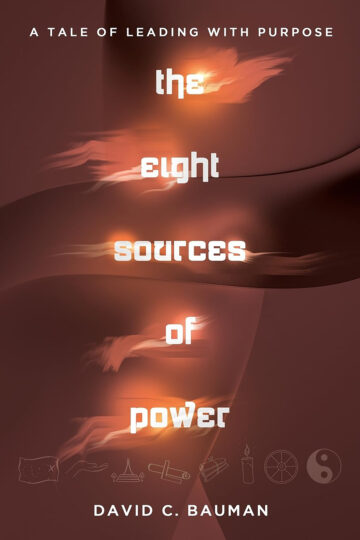A historically-based story that reveals eight sources of power and urges us to identify and practice the power we already have to create a better world, the book teaches:
- How to use the power of invitation to gather collaborators.
- How the power of the open hand creates curiosity and innovation.
- Why using the power of patience requires action.
- How the power of framing reduces fear and anxiety.
In 1687, Ayutthaya is the capital of Siam (modern day Thailand) and is more populous than London. The story follows Tao and his four classmates as they join the Siam Leadership Academy at a critical time of change in Siam. The academy founder Mongkut teaches the students the sources of power that arise from pursuing a shared purpose. Lessons are also taught by a senior Buddhist monk, a French Jesuit priest, a wealthy Chinese merchant, a Persian finance minister, and local community leaders. While the students learn to lead with purpose, King Narai and his ministers confront dangerous internal and external threats to himself and the kingdom.
With a compelling historical story, new insights into human motivation, and questions for personal reflection, The Eight Sources of Power will change how you see yourself and the world.
About the author
David C. Bauman (PhD ’11) is a professor of business ethics and a department chair in the Anderson College of Business and Computing at Regis University. Prior to joining academia, David worked for over 10 years in and for several Fortune 250 companies. He has published articles on ethics, leadership, and business in Business Ethics Quarterly, The Journal of Business Ethics, The Leadership Quarterly, and the Handbook of Virtue Ethics in Business and Management. His research focuses on integrity, leading without authority, AI and justice, and applying insights from ancient philosophy to modern leadership challenges.
